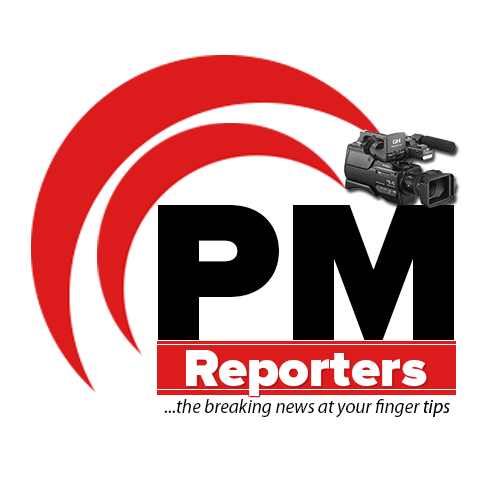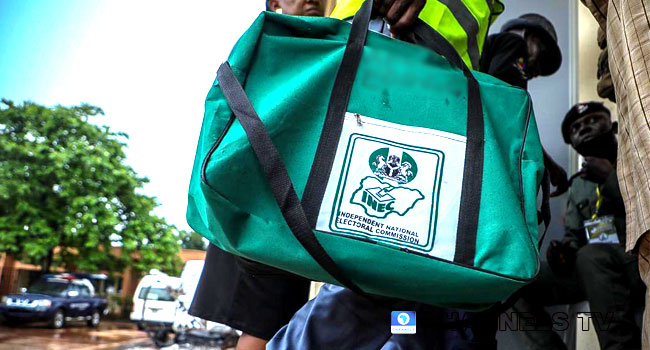The Independent National Electoral Commission (INEC) has announced the dates to conduct the governorship elections in Ekiti and Osun States.
INEC Chairman, Professor Mahmood Yakubu, made the announcement on Wednesday at the meeting of the commission held at its headquarters in Abuja, the nation’s capital.
“In keeping with our policy of announcing the dates of elections in advance to enable early and effective preparations by all concerned, the Commission has approved that the Ekiti State Governorship election will hold on Saturday, June 18, 2022, while the Osun State Governorship election will hold one month later on Saturday, July 16, 2022,” he said.
Professor Yakubu added, “Looking to the near future, the Commission is preparing to conduct the remaining off-season end of tenure elections ahead of the 2023 general elections.
“Already, activities listed in the timetable for the Anambra State Governorship election are being implemented. So too are those of the FCT Area Council election holding on February 12, 2022.”
He informed the meeting that the detailed Timetable and Schedule of Activities for the two governorship elections have been uploaded on the website and social media platforms of the electoral umpire.
The INEC boss, therefore, appealed to political parties and aspirants to ensure rancour-free primaries and conduct peaceful electioneering campaigns.
He stated that the history of creating and expanding polling units in Nigeria has been long and complex, noting that their adequacy and accessibility, in terms of number and location across the country, were some of the challenges that had to be addressed in the interest of credible elections.
As a result, Professor Yakubu said INEC has converted the existing voting points and voting point settlements in various parts of the country to polling units.
Following the latest development, he unveiled a total of 56,872 new polling units, saying Nigeria now has 176,846 full-fledged polling units.
The INEC chairman blamed the establishment of voting points and voting point settlements on the several unsuccessful attempts to create additional polling units.
He revealed that the commission has relocated many polling units from inappropriate places to public buildings accessible to voters, polling agents, observers, and the media during elections



